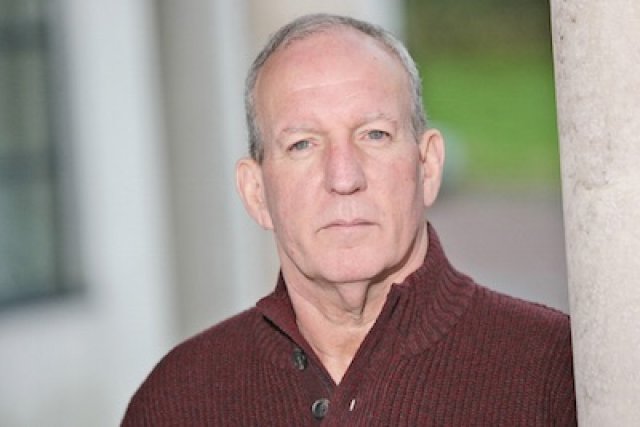
An unusually grave political crisis rocking the power-sharing agreement in Northern Ireland was worsened by the arrest of three top republicans on September 9, Irish Republican News said that day. Those arrested included Bobby Storey, the chairperson of Sinn Fein in the six counties in Ireland's north still claimed by Britain.
On September 10, Democratic Unionist Party DUP leader and Northern Ireland first minister Peter Robinson backed away from a threat to immediately collapse the Stormont executive, but instead resigned as first minister. Robinson withdrew every DUP minister from the executive except one.
The power-sharing arrangement - set up by 1998's Good Friday Agreement (GFA) that aimed to end the violent conflict that had wracked the six counties - appears close to finished. The arrangement involves sharing power between the republican party Sinn Fein, which supports Irish independence, and unionists from the DUP which supports British rule.
The catalyst for the current crisis is claims the Irish Republican Army (IRA), which waged decades-long armed campaign against British occupation, has not disbanded, as claimed, and was responsible for a recent murder.
IRN said on September 10 that Storey and the two others arrested were questioned about the death last month of Short Strand man Kevin McGuigan, the chief suspect in the murder of former IRA commander Jock Davison last May. Storey was later released, although the other two remained in custody on September 11.
Police Service of Northern Ireland chief George Hamilton said last month that he suspected individual IRA members had a role in McGuigan’s murder, although he said it no longer functions in a military capacity.
Sinn Fein maintains that the IRA, which underwent a highly publicised decommissioning of its weapons as part of the GFA peace process, has ceased to exist.
The crisis was also sparked by the recent decision by the DUP’s main rivals, the Ulster Unionst Party, to withdraw its minister from the power-sharing executive and become an “opposition” party.
The crisis is the most serious threat to power-sharing of late, but comes on top of constant tensions and conflicts over issues such as London-imposed austerity measures backed by the DUP but opposed by Sinn Fein. Other issues include what Sinn Fein says is a refusal by Britain and unionists to implement key aspects of the GFA aimed at meeting concerns of the six counties nationalist community.
Sinn Fein has condemned the latest crisis as a cynical move by opponents. “The contrived crisis has been provoked by the crass party politicking of [UUP leader] Mike Nesbitt who is incapable of providing leadership,” said Sinn Fein negotiator Conor Murphy.
“And in a further failure of leadership the DUP are foolishly responding to the stunt politics of the UUP.”
The DUP move to almost entirely withdraw from the executive will not bring about an immediate collapse of the northern institutions, IRN said. But it means the executive will not meet.
Robinson had urged the British government to immediately suspend the institutions after a Stormont committee refused to adjourn the Stormont Assembly. But Britain's secretary of state for Northern Ireland, Theresa Villiers, has so far refused to take that step.
Like the article? Subscribe to Green Left now! You can also like us on Facebook and follow us on Twitter.